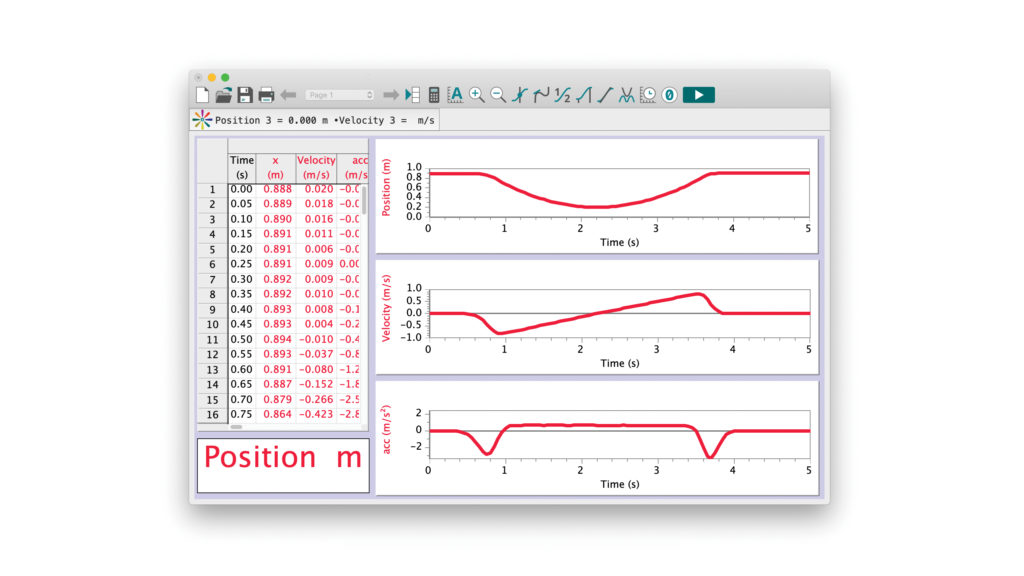

# address = ":80" to = "websecure" scheme = "https" address = ":443" dashboard = true exposedByDefault = false email = " " storage = "/certificates/acme.json" entryPoint = "web" To test, first bring down any existing containers: /var/run/docker.sock:/var/run/docker.sock:ro enables Traefik to discover other containers.:/etc/traefik/traefik.toml maps the local config file to the config file in the container so that the settings are kept in sync Take note of the volumes within the traefik service: .rule=Host(`fastapi.localhost`) when the request has Host=fastapi.localhost, the request is redirected to this service.traefik.enable=true enables Traefik to discover the service.We also added the following labels to the web service: :/app expose : # new - 8000 environment : - DATABASE_URL=postgresql://fastapi_traefik: :5432/fastapi_traefik depends_on : - db labels : # new - "traefik.enable=true" - ".rule=Host(`fastapi.localhost`)" db : image : postgres:15-alpine volumes : - postgres_data:/var/lib/postgresql/data/ expose : - 5432 environment : - POSTGRES_USER=fastapi_traefik - POSTGRES_PASSWORD=fastapi_traefik - POSTGRES_DB=fastapi_traefik traefik : # new image : traefik:v2.9.6 ports : - 8008:80 - 8081:8080 volumes : - "./:/etc/traefik/traefik.toml" - "/var/run/docker.sock:/var/run/docker.sock:ro" volumes : postgres_data :įirst, the web service is only exposed to other containers on port 8000. command : bash -c 'while ! 
Postgres | fastapi_traefik | UTF8 | en_US.utf8 | en_US.utf8 | Name | Owner | Encoding | Collate | Ctype | Access privileges $ docker-compose exec db psql -username =fastapi_traefik -dbname =fastapi_traefik
#LOGGER PRO 3.11 PASSWORD UPDATE#
Next, update app/main.py to connect to the database and add a dummy user: Since the tables are created using SQLAlchemy (under the hood), database migration is possible via Alembic.Ĭheck out Alembic usage, from the official ormar documentation, for more on using Alembic with ormar. Note that each ormar.Model is also a pydantic.BaseModel, so all pydantic methods are also available on a model.

Ormar uses SQLAlchemy for creating databases/tables and constructing database queries, databases for executing the queries asynchronously, and pydantic for data validation. This will create a pydanic model and a SQLAlchemy table. Boolean ( default = True, nullable = False ) engine = sqlalchemy. String ( max_length = 128, unique = True, nullable = False ) active : bool = ormar. Integer ( primary_key = True ) email : str = ormar. Model ): class Meta ( BaseMeta ): tablename = "users" id : int = ormar. ModelMeta ): metadata = metadata database = database class User ( ormar. config import settings database = databases. It does not store any personal data.# app/db.py import databases import ormar import sqlalchemy from. The cookie is set by the GDPR Cookie Consent plugin and is used to store whether or not user has consented to the use of cookies. The cookie is used to store the user consent for the cookies in the category "Performance". This cookie is set by GDPR Cookie Consent plugin. The cookie is used to store the user consent for the cookies in the category "Other. The cookies is used to store the user consent for the cookies in the category "Necessary". The cookie is set by GDPR cookie consent to record the user consent for the cookies in the category "Functional". The cookie is used to store the user consent for the cookies in the category "Analytics". These cookies ensure basic functionalities and security features of the website, anonymously. Necessary cookies are absolutely essential for the website to function properly.


 0 kommentar(er)
0 kommentar(er)
